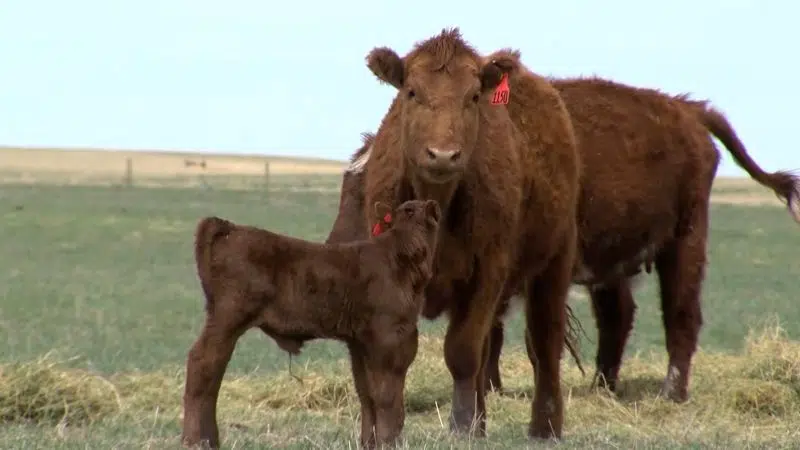
Beef supply chain during COVID-19 pandemic
MEDICINE HAT, AB -The beef processing industry involves a whole chain of events the day the calf is born to being on store shelves.
With the Cargill meat processing plant in High River shut down and slowed production at JBS in Brooks due to COVID-19 cases, there’s a concern in the beef industry that production will back up.
Vice-Chair of Alberta Cattle Feeders’ Association Jacob Buekert has a feedlot at Warner, AB.
